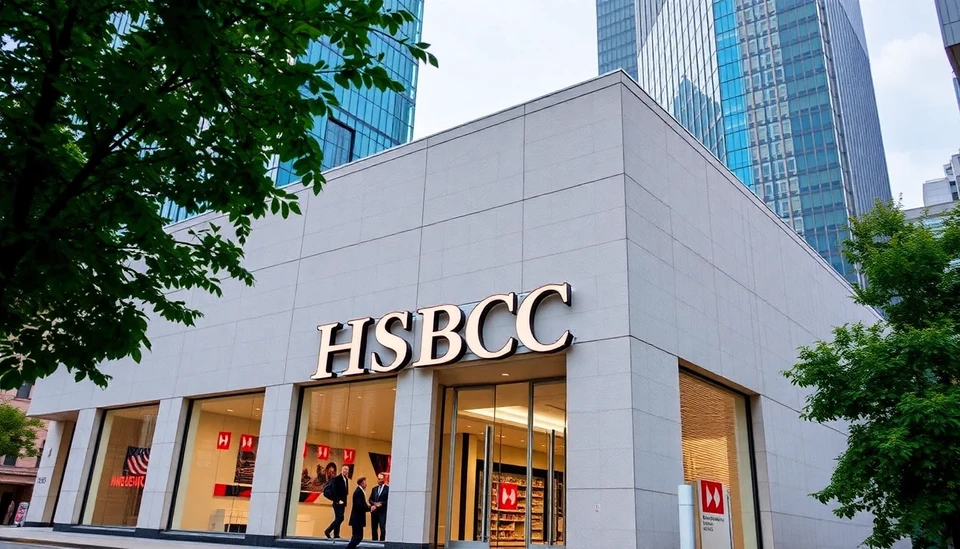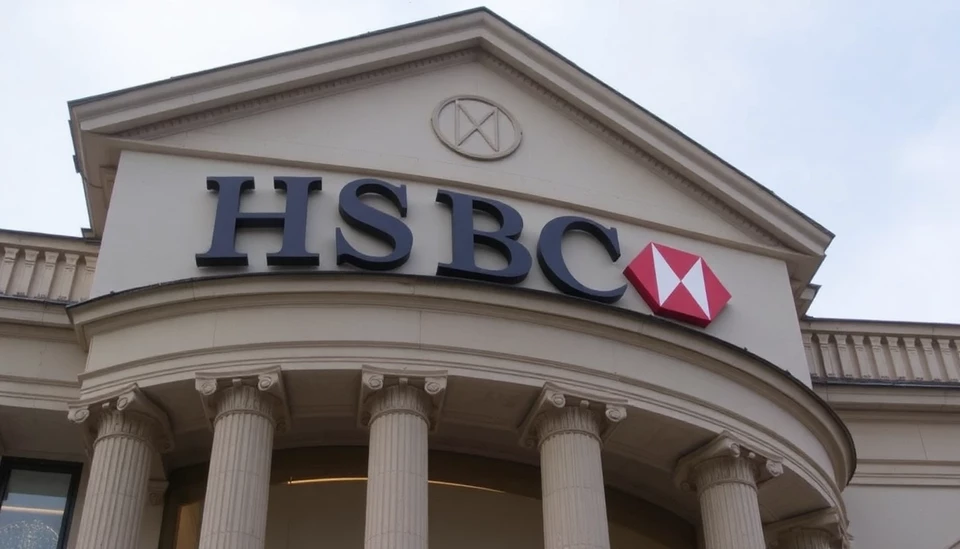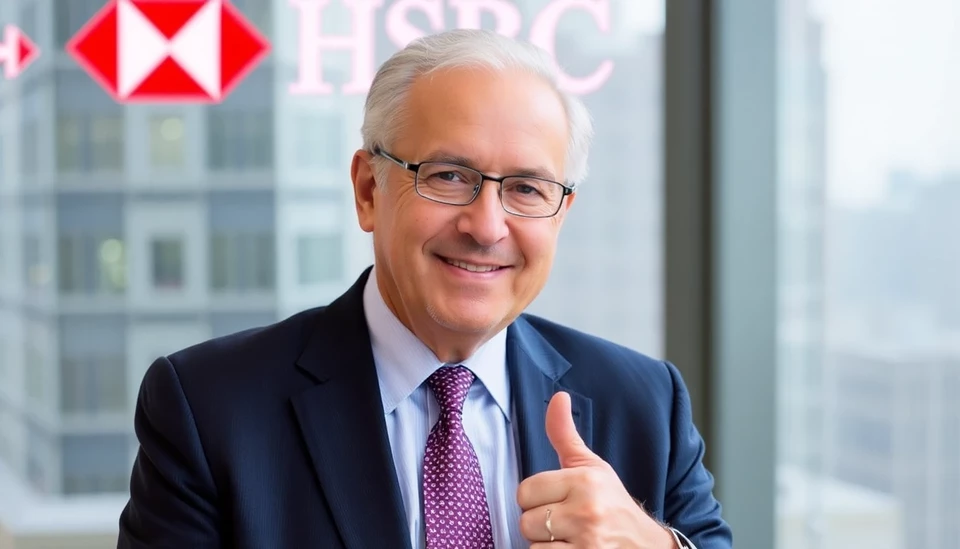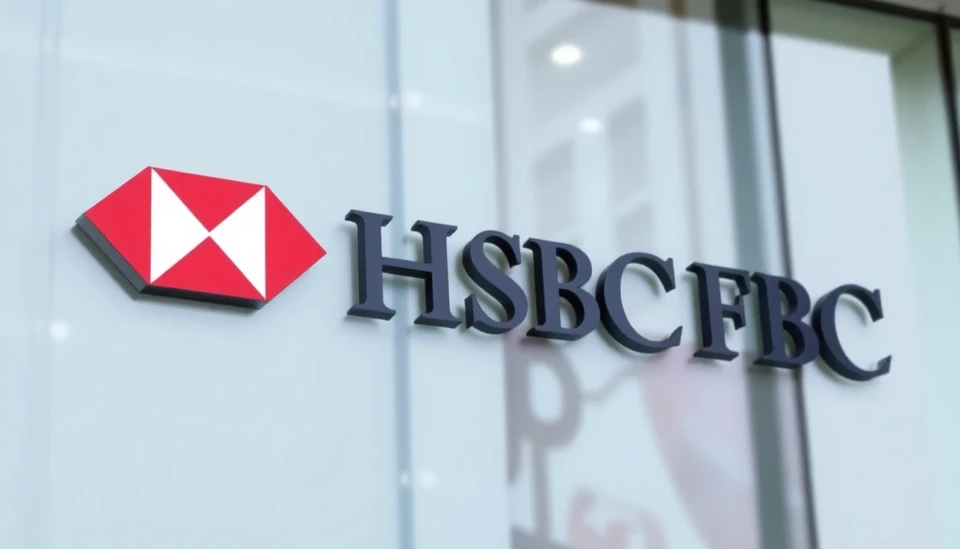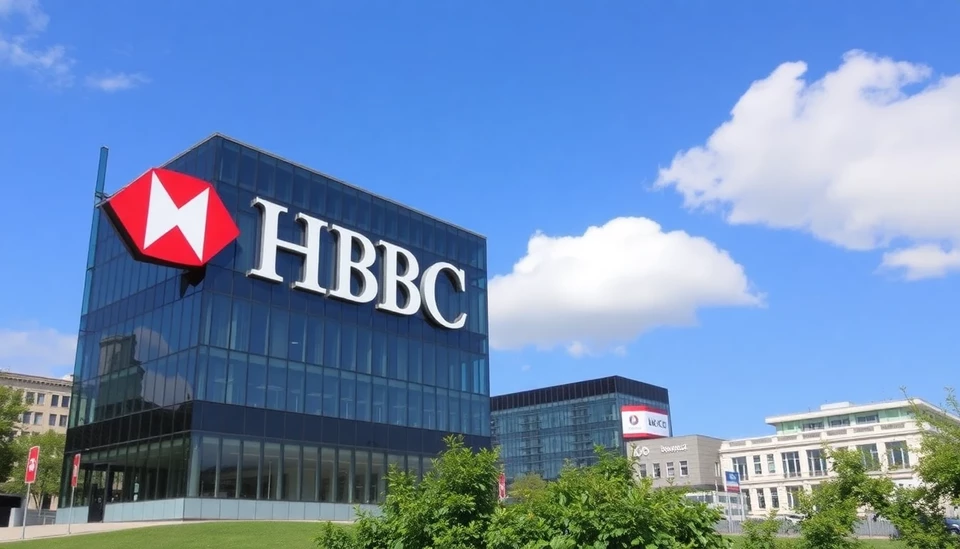
In a significant shift in strategy, HSBC Holdings Plc announced that it plans to postpone its climate targets until 2050, citing a slowdown in its progress toward achieving green finance goals. This decision marks a pivotal moment for the financial institution, which had previously committed to ambitious objectives aimed at curbing emissions and supporting sustainable projects.
The bank disclosed its revised climate timeline during its latest financial report, revealing that its earlier ambitions may have been overly optimistic. HSBC, one of the largest banks in Europe, indicated that it would require more time to integrate environmentally sustainable practices across its operations, particularly in areas directly related to financing fossil fuel projects and energy companies.
HSBC's plans had originally included commitments to align its portfolio with climate targets set by global agreements, such as the Paris Accord. However, recent evaluations of its lending practices highlighted a disparity between its environmental pledges and actual funding activities. Critics argue that the bank continues to invest heavily in non-renewable energy sectors, leading to increased scrutiny from regulators, environmental advocates, and investors alike.
As global awareness of climate change grows, stakeholders have put increasing pressure on major financial institutions to take an active role in combating environmental degradation. HSBC's decision to extend its timeline raises questions about its commitment to supporting the transition to a low-carbon economy. Activists contend that delaying climate targets undermines efforts to address the pressing issue of climate change.
In response to the backlash, HSBC has promised to detail its approach to climate finance and how it plans to contribute meaningfully to the green transition in the coming years. The bank stressed that while its targets are pushed back, its dedication to addressing climate issues remains a priority. HSBC aims to strengthen its sustainability framework, committing to a thorough review of its lending criteria and investment strategies.
Meanwhile, analysts have pointed to the necessity for clearer action from HSBC as it navigates these challenges. The finance sector is at a crossroads, with many companies wrestling with the balance between profitability and sustainability. HSBC's revised timeline not only reflects its internal struggles but also serves as a reflection of broader trends within the industry.
As the world grapples with the effects of climate change, HSBC's decision underscores the complexities financial institutions face in meeting global sustainability expectations. The delayed targets come at a crucial time when the world needs comprehensive approaches to climate risks to ensure a viable future for generations to come.
HSBC has committed to providing periodic updates on its climate strategy, signifying its intent to re-engage with stakeholders and reinforce its commitment to sustainability. Analysts and activists alike are keenly watching how HSBC will adapt in the years ahead, as the implications of this delay could resonate across the banking sector.
This move by HSBC inevitably paves the way for increased discussions surrounding the accountability of major banks in combating climate change and supporting sustainable economic practices. All eyes will be on the bank as it navigates its updated roadmap toward a greener future.
In conclusion, HSBC's extension of its climate targets to 2050 raises critical questions about the effectiveness of current financial strategies in the face of urgent climate challenges. Future developments from HSBC will be closely monitored by investors, environmentalists, and the broader community advocating for sustainable practices in the finance industry.
#HSBC #ClimateTargets #GreenFinance #Sustainability #Environment #FinancialInstitutions #ClimateChange #ParisAccord #InvestmentStrategy #GreenTransition
Author: Peter Collins

